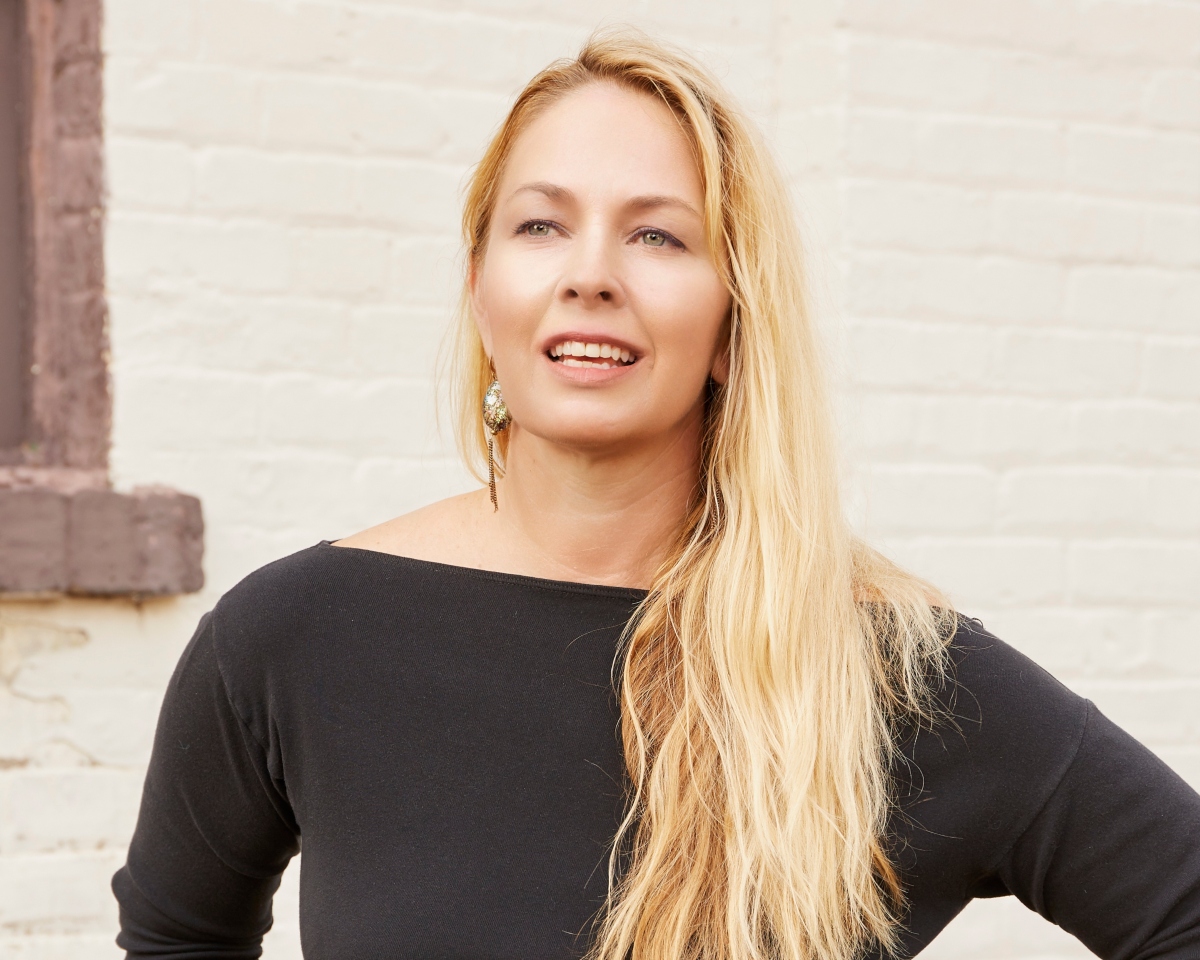Karalee Nielsen Fallert: Big Vision, Big Heart
Karalee Fallert thinks big. If you want proof, consider the larger-than-life octopus hanging from her restaurant’s ceiling on Folly Beach—it’s a veritable monster right out of 20,000 Leagues Under the Sea. Handcrafted from recycled beach trash by Charleston artist Jeff Kopish, it took months to make. In fact, Fallert’s Wiki Wiki Sandbar, her most recent restaurant concept, was ready to open before the eight-legged 25-foot-wide creature she had commissioned was finished, but she patiently let the artist do his thing. Creativity takes time, and it’s always a worthy investment, as she’s learned from more than two decades in the food and beverage industry.
Fallert is a seasoned, serial entrepreneur, but mostly, she’s a creative genius. Since 2005, the California native has opened 10 establishments in the Charleston region (from Folly Beach to Summerville), each with definitive flavor and flair, including the Mexican folk-art-infused Taco Boy to the hipster fun of The Royal American to the tropical tiki paradise of Wiki Wiki Sandbar, not to mention the casual, healthy vibe of Park Café.
One aspect of her on-point concepting is Fallert’s knack for siting restaurants on under appreciated parcels, being the first new restaurant on the scene in Charleston’s Neck area, for example, and opening Lee Lee’s Hot Kitchen in Charleston’s underserved West side, which then paves the way for neighborhood revitalization. Historic Charleston Foundation recognized her pioneering placemaking by naming Fallert their 2014 Impact Award winner.
But creating thriving businesses (that pay living wages and offer generous benefits) is far from Fallert’s only contribution to Charleston’s culinary community. Despite her relentless pace in opening restaurants, not to mention keeping them successful, Fallert found time to launch The Green Heart Project in 2009, which initially entailed planting a small school garden at Mitchell Elementary, a Title 1 school in downtown Charleston, enabling the predominately low-income students living in a food desert access to fresh locally grown produce.
Ten years later, the nonprofit, on whose board Fallert serves, has gardens and a curriculum at seven schools, with a $2.1 million capital campaign underway to fund a half-acre urban farm at Enston Home, in the (green) heart of the peninsula. The farm’s programs will ultimately increase The Green Heart Project’s reach to 2,200 students as well as increase the project’s total fruit and vegetable production capacity from 2,000 pounds per year, to 5,000 pounds per year. The food will be donated to schools and sold at affordable prices to residents and neighbors.
And because she, as a working mother of a young son, knows first hand the importance of reliable, affordable child care, especially for those working early and late shifts in the hospitality industry, Fallert established and is a co-owner of the Montessori Learning Collective in North Charleston. This is all part of Fallert’s commitment to lead by example and instill a company culture (All Good Industries is the umbrella company) where employees are valued, listened to, supported and set up for success.
Discover more about Fallert's restaurants and pick one (or all) to visit this spring.





